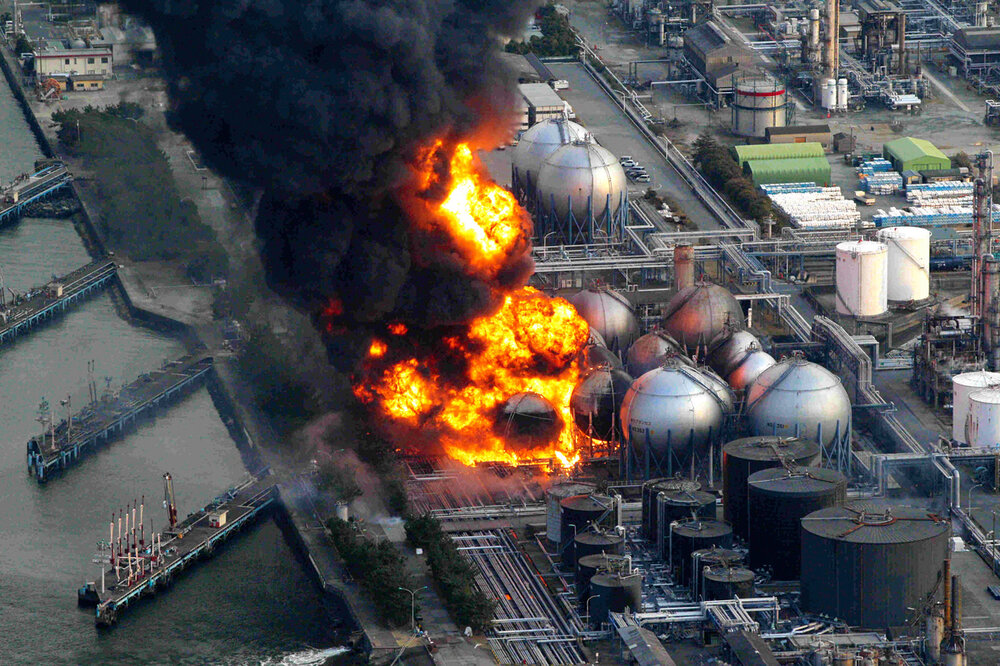Chernobyl Power Plant, near the city of Pripyat, is considered the world’s worst nuclear disaster causing innumerable number of deaths and widespread human suffering. As a dark tourism destination, it is a retrospective witness to human atrocity and tragedy.
Iran (IMNA) - Pripyat is a city near the Ukraine- Belarus border in northern Ukraine which was founded on February 4, 1970. The name of Pripyat came from Pripyat river and considered as a ninth nuclear city in the Soviet Union. On April 4,1986, the day after the Chernobyl disaster, Pripyat was evacuated and this city regarded as a ghost city. Actually, such a terrible disaster has made Chernobyl and Pripyat as a dark hotspot on the Earth.

Chernobyl Disaster: World’s Worst Nuclear Disaster
The Chernobyl disaster was a nuclear accident occurred on 26 April 1986 at the nuclear reactor in the Chernobyl Nuclear Power Plant. This tragedy was the product of a defective Soviet reactor with serious problems made by the plant operators. According to the International Nuclear Event Scale, Chernobyl disaster is one of two nuclear disaster and the other is the 2011 Fukushima Daiichi nuclear disaster in Japan.

During this catastrophe, radioactive contamination covered a huge area and dangerous radiation caused an incalculable number of deaths and widespread human suffering. According to documents, this disaster killed numerous operators and firemen. Moreover, Acute radiation syndrome (ARS) was recognized in more than 300 people and vast areas of Ukraine, Belarus and Russia were contaminated in high degrees. Hence, the day after Chernobyl disaster entire region of Pripyat city, next to Chernobyl was evacuated.
Chernobyl and Pripyat: Must-visit Dark Tourism
Chernobyl and Pripyat have been considered as the dark tourism sites on the map. Indeed, Chernobyl Exclusion Zone is opened up in 2011 for tourists. In this respect, dark tourism was coined in the 1990s by John Lennon. This expression involved travel to places associated with death and suffering, this concept also called Thanatourism derived from the Greek word Thanatos, meaning death or grief tourism.

John Lennon, a professor of tourism believes that dark tourism, is a kind of human desire which can be undertaken in a positive way. According to Lennon, in time of fake news, we are in danger of losing history but dark tourism is “important for learning and documentation evidence of what occurred”. In the time of preservation of such sites by authorities, for Lennon, existence of dark places is a matter of preserving history. Furthermore, such a tendency towards dark sites with theme of death and suffering refers to natural human instinct.
Accordingly, dark tourism is not just a matter of visiting and consuming sites of pain and suffering. In fact, it is a matter of thinking about the past and “retrospective witness to atrocity, disaster and tragedy” as Dr Philip Stone says.

Your Comment